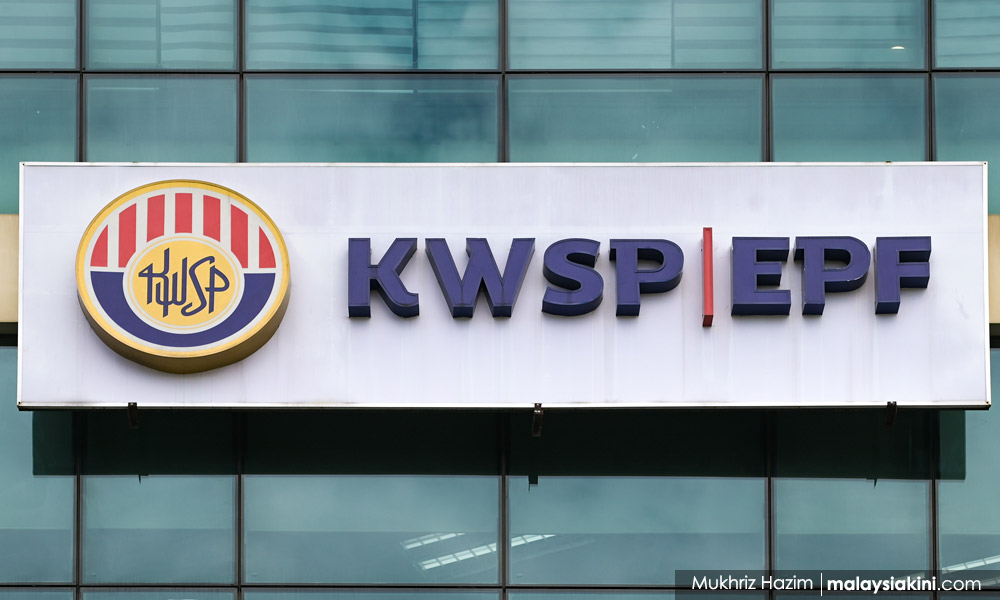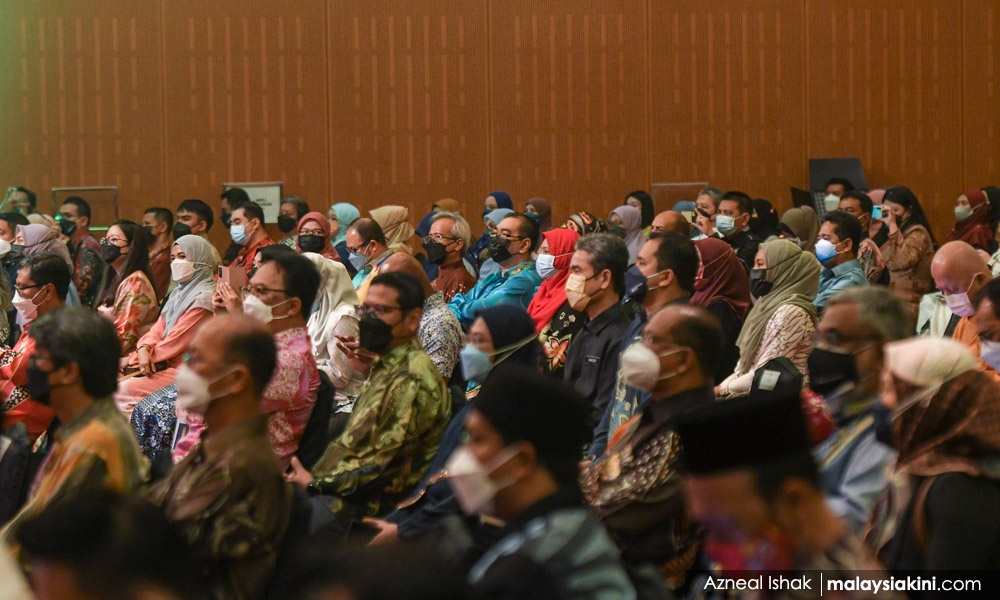LETTER | The Employees Provident Fund (EPF) has made a wise decision to introduce a Flexible Account which enables contributors the freedom at any time to withdraw part or whole of their savings for emergency needs without going for withdrawals from their total accumulated fund, which risks depleting their retirement savings.
Many have criticised the EPF and the government for this shortsighted move as both are duty-bound to help the contributor. By setting aside only 10 percent for urgent withdrawals, the EPF has done the right thing.
Assuming that a contributor has RM50,000 in his EPF savings, a maximum of RM5,000 or less can be withdrawn to meet any urgent financial needs, instead of going to loan sharks or pawn shops.
No matter how one looks at this it is a good idea to help the B40 or lower-income group, especially for year-end school expenses for their children or any medication, surgery or hospitalisation. One needs to look at this proposal positively and constructively.
However, the same rate of dividends needs to be paid for Account 3 and should not be lowered just because the money in Account 3 can be withdrawn anytime.
Another 20 percent can be withdrawn for housing or educational purposes. The remaining 70 percent stays intact as the retirement savings cannot be withdrawn until the age limit of 55 or 60. This is a good balancing act considering that the present is as important as the future.
Fair treatment
There is also a need to fully segregate the conventional and syariah-compliant funds just like separating the EPF and the Retirement Fund Inc for public employees. This will reduce suspicion concerning the allotment of dividends for both schemes.
The government cannot depend only on the EPF to take care of the private sector workers. Sooner or later a Social Welfare Scheme to help all the retirees with at least a minimum of benefits needs to be devised.

The main group that does not have enough money to tide over their post-retirement years are the B40 and to a certain extent the M40 as these categories draw lower salaries and are unable to contribute much.
As such even when 100 percent of the fund has not been withdrawn earlier it does not total much. Inflation is another big worry as it devalues their savings substantially. In five years the money will be spent on various needs - from personal to medical expenses.
Children may or may not help. As such they end up in a pitiable condition in their old age. It is here that the government has to intervene by way of a social pension to enable these people, who had worked throughout their lives building the nation, are able to live decently.
The government cannot wash its hands off these snowballing problems and concentrate on its civil servants. All are Malaysians and need to be treated fairly.
Just because there is the EPF it does not mean everything is alright. The EPF was the brainchild of the British and a colonial construct. More benefits and improvements were expected to be added to the fund as time went by.
This was the original creative idea of the EPF. However, the EPF has been stagnant with few changes and improvements befitting the needs of the poorer workers.
The Social Security Organisation (Socso) is another body known to wash its hands off its responsibilities the day the worker retires after contributing all through his working life. Even if he has a stroke a few days later he is not covered and does not get any medical benefits.
Easy money on tap
Both the EPF and Socso leave a lot to be desired. The government should consider merging EPF, Socso and MySalam insurance to provide pensions and medical benefits to retirees. When the workers need medical benefits they are not able to get any from Socso.
What is the point of having an insurance scheme when it is not available when needed even with minor medical benefits? The B40 cannot afford the all-too-costly private medical insurance and has to rely on public hospitals despite their long wait, delays and other shortcomings.
If not for the EPF the government would have been forced to think of a pensionable scheme for the private sector workers. The government benefits immensely from the EPF for its various economic plans and projects.

As such there must be a corresponding gesture from the government for a yearly allocation to the EPF to initiate a social pension scheme. If the government wants it can pay a minimum of RM500 monthly to all poor retirees who had less than a certain amount when retiring.
There was even a joke during the 1998 Asian financial crisis that Malaysia does not need the International Monetary Fund when there is the EPF!
The EPF is easy money and on tap. The government uses the EPF whenever it is short of funds even to pay the salaries and bonuses of civil servants. The EPF needs to use its physical assets efficiently and productively.
Its Kwasa Damansara project has been delayed for reasons unknown. The estate, sold to the EPF more than 15 years ago, could have earned hundreds of millions of ringgit in profit if it was started immediately with more focus on affordable housing.
EPF must reserve a large portion of Kwasa Damansara for affordable housing as a duty to its vast membership of B40 workers, and not focus on costly housing or condominiums only.
Unprecedented hardship
Workers face unprecedented hardship with the spiking cost of living, lack of affordable housing, cost of educating their children and various other essential expenses. The government cannot maintain the present setup of the EPF but has to convert it into a pension-providing fund with more allocations and contributions from the corporate sector and government.

Even the lower grades of government employees are finding it difficult to make ends meet, so do you think that the meagre amounts that B40 retirees get in the EPF will be enough for their lifetime?
The civil service salaries and pension amounting to 40 percent of the budget are a huge impediment to creating a social pension scheme for the private sector B40.
Whatever it is the government is duty-bound to create a social pension scheme for the B40. Tens of thousands of the aged who worked in the private sector have to, despite their frailty, continue doing any work they can find till their last days.
Expecting children to care for them is unreasonable. It is the government that has to help. The aged who were once part of an industrious workforce that transformed the country’s economy need to be happy and cared for during their twilight years, and not languish in poverty and regret working for an ungrateful nation.
The views expressed here are those of the author/contributor and do not necessarily represent the views of Malaysiakini.

